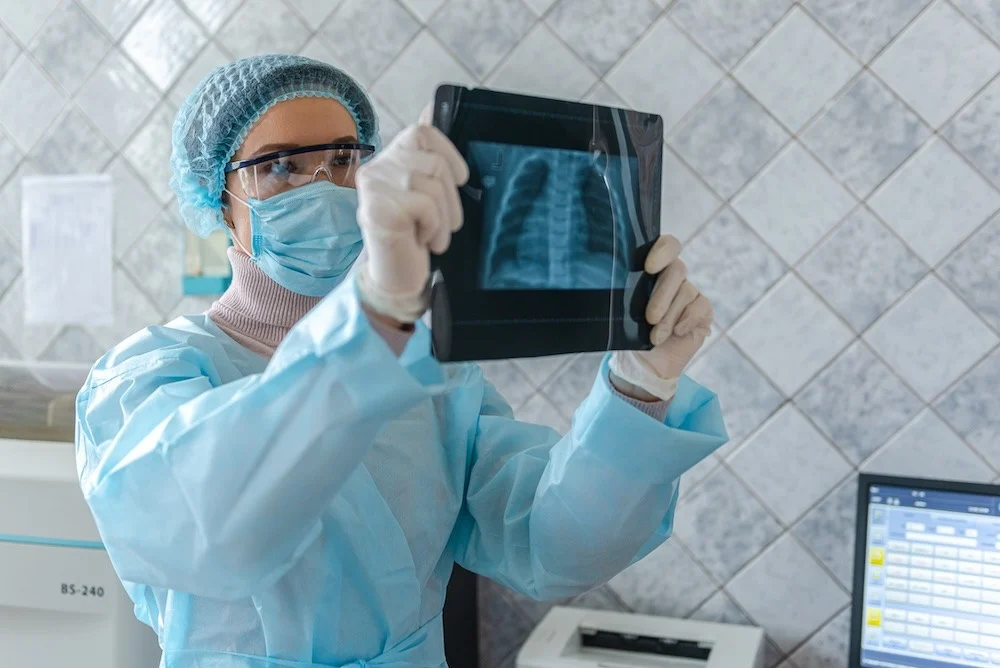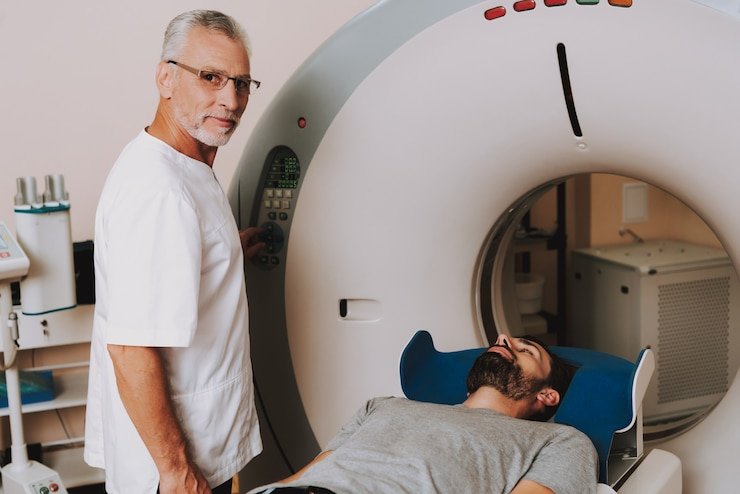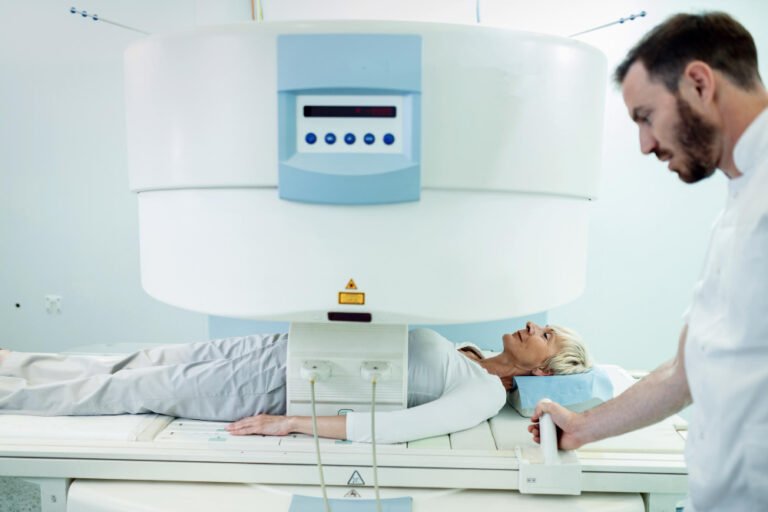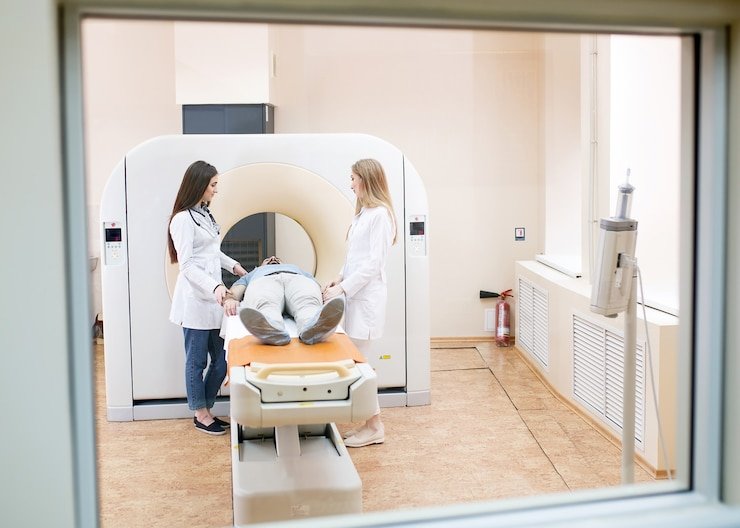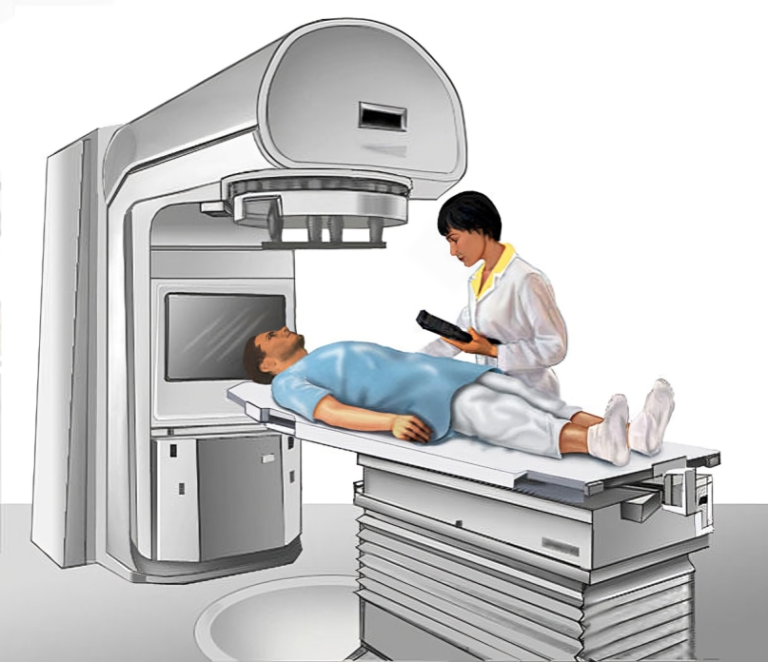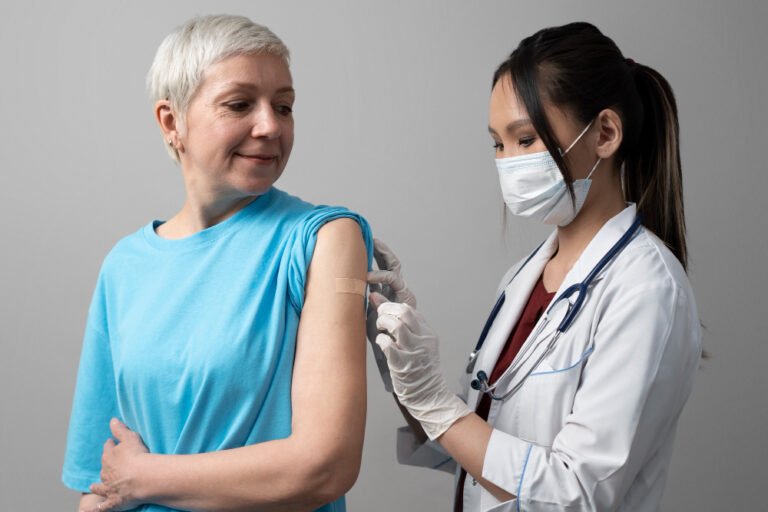Lung Cancer Surgery in Paschim Vihar: A Comprehensive Guide
Lung cancer is a serious and often life-threatening disease, yet advances in modern medical science, particularly in Lung Cancer Surgery in Paschim Vihar, are providing new hope. For residents of Paschim Vihar seeking the best in lung cancer care, having access to skilled oncologists and advanced surgical techniques is essential. Here’s everything you need to know about lung cancer surgery, the different surgical options available, and why Paschim Vihar is a prime location to undergo this life-saving treatment.
For more information chat with us on WhatsApp.
Understanding Lung Cancer: Types and Symptoms
Lung cancer typically presents itself in two primary types:
- Non-Small Cell Lung Cancer (NSCLC): The most common type, accounting for roughly 85% of lung cancer cases. It grows more slowly and includes subtypes like adenocarcinoma, squamous cell carcinoma, and large cell carcinoma.
- Small Cell Lung Cancer (SCLC): Less common, SCLC grows faster and is often more aggressive, spreading quickly to other parts of the body.
Recognizing symptoms early is critical, as early detection often leads to a wider range of treatment options. Common symptoms include a persistent cough, chest pain, shortness of breath, wheezing, and unintentional weight loss.
The Importance of Lung Cancer Surgery
For those diagnosed with early-stage lung cancer, surgery is often a viable and highly effective treatment option. The primary goal of lung cancer surgery is to remove cancerous tissue from the lung, which may involve partial or total lung removal, depending on the stage and location of the tumor. Surgery not only helps prevent cancer from spreading but also offers the potential for a cure, particularly in early-stage cases where cancer hasn’t spread to other organs.
Types of Lung Cancer Surgeries
Each lung cancer case is unique, so oncologists tailor surgery recommendations based on factors like cancer type, stage, and location. Here are the most common types of lung cancer surgeries available in Paschim Vihar:
1. Lobectomy
A lobectomy involves removing an entire lobe of the lung. The human lung is divided into lobes—three on the right and two on the left. If the cancer is confined to a single lobe, this surgery can effectively remove all cancerous tissue, often leading to a positive prognosis.
2. Pneumonectomy
In cases where cancer has spread extensively within the lung, a pneumonectomy, or the complete removal of one lung, may be recommended. This is generally a last-resort option, utilized when other surgical procedures cannot guarantee complete cancer removal. While it sounds daunting, many people can lead healthy lives with just one lung.
3. Segmentectomy
Also known as a wedge resection, this is a less extensive procedure involving the removal of only a small, cancer-affected portion of the lung. Segmentectomy is often recommended for early-stage cancer or in cases where removing a larger portion would be too risky. It’s a lung-preserving surgery and is ideal for patients with limited lung function or other health concerns.
4. Sleeve Resection
This is a more specialized procedure that removes part of the bronchus (the main airway leading to the lungs) if the cancer is located in or near this area. The remaining sections of the lung are then reattached. This procedure preserves more lung tissue, which can be especially beneficial for patients with limited lung function.
Advanced Techniques and Technologies in Lung Cancer Surgery
Paschim Vihar’s medical centers are equipped with some of the most advanced technologies in cancer care, allowing for minimally invasive procedures that offer significant benefits over traditional open surgeries.
Video-Assisted Thoracoscopic Surgery (VATS)
VATS is a minimally invasive technique where small incisions are made in the chest, and a thoracoscope (a tiny camera) is inserted to guide the surgeon. This method allows for precise removal of cancerous tissues with minimal damage to surrounding areas, resulting in quicker recovery times and reduced pain post-surgery.
Robotic-Assisted Surgery
Robotic-assisted surgery takes precision a step further. With robotic arms controlled by the surgeon, this technology allows for even greater accuracy, making it an ideal choice for complex lung cancer surgeries. This option often leads to smaller incisions, less scarring, and faster recovery for patients.
Laser Surgery and Radiofrequency Ablation
For cases where traditional surgery isn’t viable, laser surgery and radiofrequency ablation are options to consider. Laser surgery involves using high-intensity light to destroy cancer cells, while radiofrequency ablation uses heat from electrical currents. Both techniques target cancerous cells directly, minimizing harm to surrounding lung tissue.
Benefits of Lung Cancer Surgery in Paschim Vihar
Paschim Vihar is becoming a hub for advanced cancer care due to the region’s accessibility to top-tier oncologists and state-of-the-art medical facilities. Here’s why it’s an ideal location for lung cancer surgery:
- Experienced Oncologists: Paschim Vihar is home to some of the most experienced oncologists in the field of lung cancer. These specialists are trained in advanced surgical techniques and have a deep understanding of lung cancer’s complexities.
- Comprehensive Care Facilities: The medical centers here are designed to offer end-to-end care, from diagnosis to post-surgical rehabilitation, ensuring patients have access to continuous, holistic treatment throughout their journey.
- Advanced Technology: Facilities in Paschim Vihar are equipped with cutting-edge technology, such as robotic-assisted systems and VATS, making minimally invasive options more accessible to patients.
- Holistic Approach to Cancer Care: The centers focus on surgical treatment and supporting patients through recovery with physical therapy, nutritional support, and psychological counseling. This comprehensive approach significantly improves the quality of life for patients undergoing treatment.
Preparing for Lung Cancer Surgery
Preparation is crucial for a successful outcome in lung cancer surgery. Oncologists and medical teams provide personalized guidance on how to prepare, which may include lifestyle changes like quitting smoking, improving diet, and building physical stamina. Patients may also undergo a series of tests such as imaging scans, lung function tests, and blood tests to ensure they are fit for surgery.
In addition, pre-surgery counseling and rehabilitation programs are often recommended, helping patients mentally and physically prepare for what lies ahead.
Post-surgical Recovery and Follow-Up Care
Recovering from lung cancer surgery varies depending on the type of procedure and individual health conditions. However, most patients will spend a few days to a week in the hospital after surgery. During this time, they receive pain management, respiratory therapy, and guidance on how to care for the surgical site.
Why Early Detection Matters
While lung cancer surgery is effective, early detection is critical to the overall outcome. Lung cancer is often asymptomatic in its early stages, so regular screening is recommended, especially for individuals with a history of smoking or exposure to environmental pollutants. Early-stage detection allows for a broader range of treatment options, often making surgery less invasive and recovery quicker.
Final Thoughts on Lung Cancer Surgery in Paschim Vihar
Lung cancer is a challenging diagnosis, but modern surgical methods provide a path toward recovery and extended life. With Lung Cancer Surgery in Paschim Vihar, patients can access some of the best oncologists, state-of-the-art surgical techniques, and comprehensive post-operative care. From minimally invasive options to advanced robotic-assisted procedures, lung cancer surgery has become more effective and less intrusive, offering hope and healing to patients across the region.
For more information about the Best Lung Cancer Surgery in Rohini, so visit Cancros.

